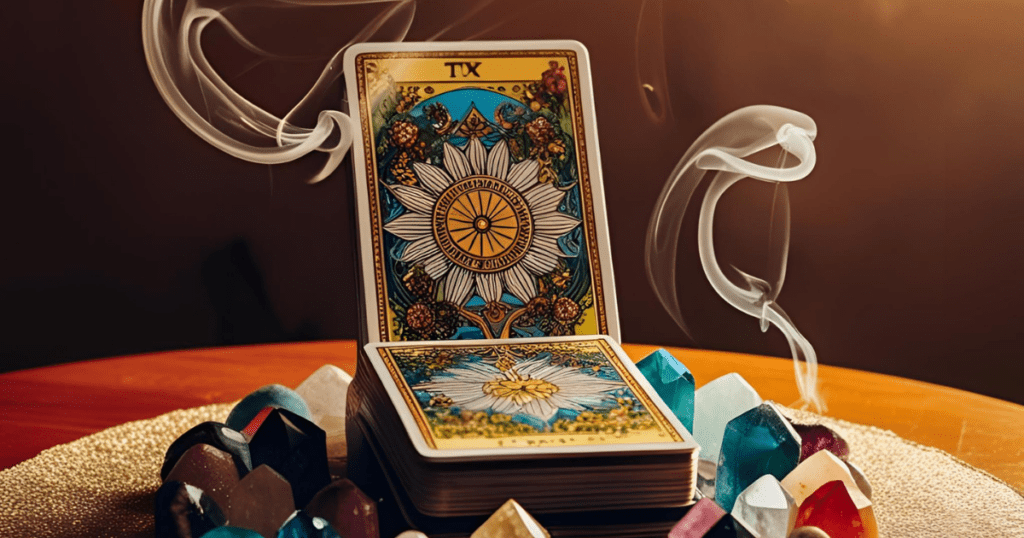Paganism has been practiced for thousands of years, but it’s often misunderstood. Whether through media portrayals or simply a lack of knowledge, there are numerous myths surrounding paganism. This post will is all about top paganism myths you need to stop believing.
Myth 1: Pagans Worship the Devil
A common myth is that pagans worship the devil. This is not true. In pagan beliefs, there is no figure like the Christian devil. Instead, pagans worship many gods and goddesses. Each one represents different aspects of life, nature, and the universe. In Wicca, for example, the God and Goddess are central figures. They represent the balance of masculine and feminine energies.
Myth 2: Paganism is Just Fantasy
Some people believe paganism is just a form of fantasy. But paganism is a deeply spiritual path. It is rooted in nature and the cycles of life. Pagan rituals and practices often celebrate the Earth, the seasons, and the connection between the spiritual and natural worlds. Pagans aim to live in harmony with nature and be mindful of their impact on the planet.
Many pagans celebrate the Wheel of the Year. This includes eight festivals that align with solstices, equinoxes, and other points in nature. These celebrations are an important part of the pagan spiritual journey.
Myth 3: All Pagans Are Witches
While many pagans practice witchcraft, not all do. Witchcraft, or Wicca, is just one path within paganism. Some pagans focus on nature worship, ancestor veneration, or other practices. Not all pagans incorporate magic into their lives. For many, it is about honoring nature and the divine.
It’s also important to note that not all witches are pagans. Witchcraft is practiced in many traditions, and some are not tied to pagan beliefs.
Myth 4: Paganism Is Primitive
Some people think paganism is an old or primitive religion. This is not the case. Paganism has evolved and continues to thrive in the modern world. While it has ancient roots, many modern pagans incorporate values like environmentalism, feminism, and social justice. Paganism is flexible and adapts to modern life. It encourages personal empowerment, freedom, and ethical living, without strict rules or dogma.
Myth 5: Pagans Don’t Believe in Morality
Another myth is that pagans have no moral code. In fact, most pagan traditions follow ethical principles. For example, Wiccans follow the Wiccan Rede, which says, “An it harm none, do what ye will.” This emphasizes personal responsibility and treating others with respect. Other pagan paths also have codes of ethics, often focused on nature, community, and interconnectedness.
Final Thoughts
In conclusion, paganism is a diverse and rich spiritual path. By understanding the facts and clearing up the myths, we can better understand what it means to follow a pagan path. Whether you are drawn to nature or deep spiritual practices, paganism offers a unique way to connect with the Earth and the divine.
If you want to learn more about paganism, its rituals, and how it can enhance your life, continue exploring our blog for more insights.



